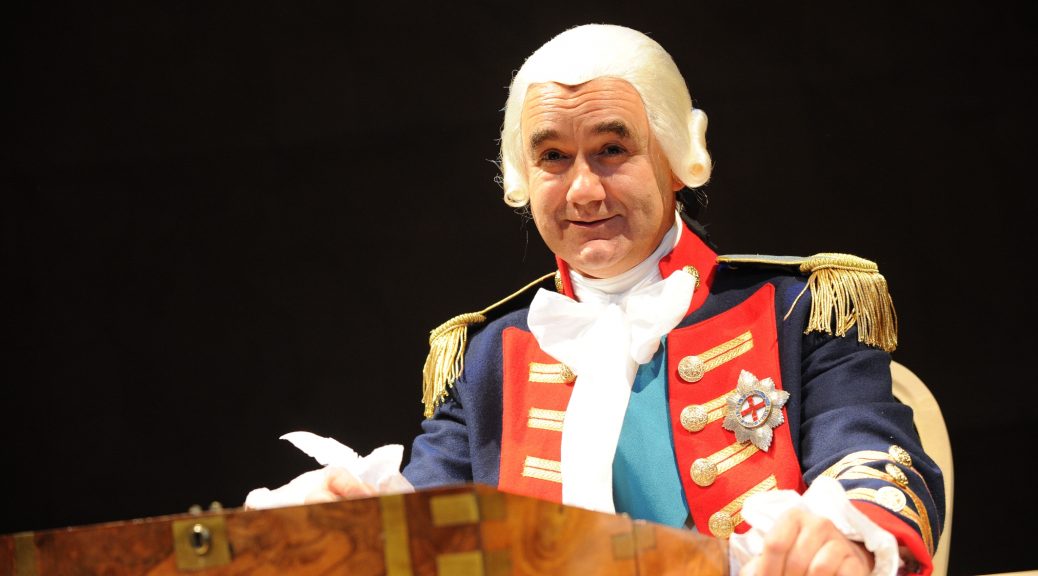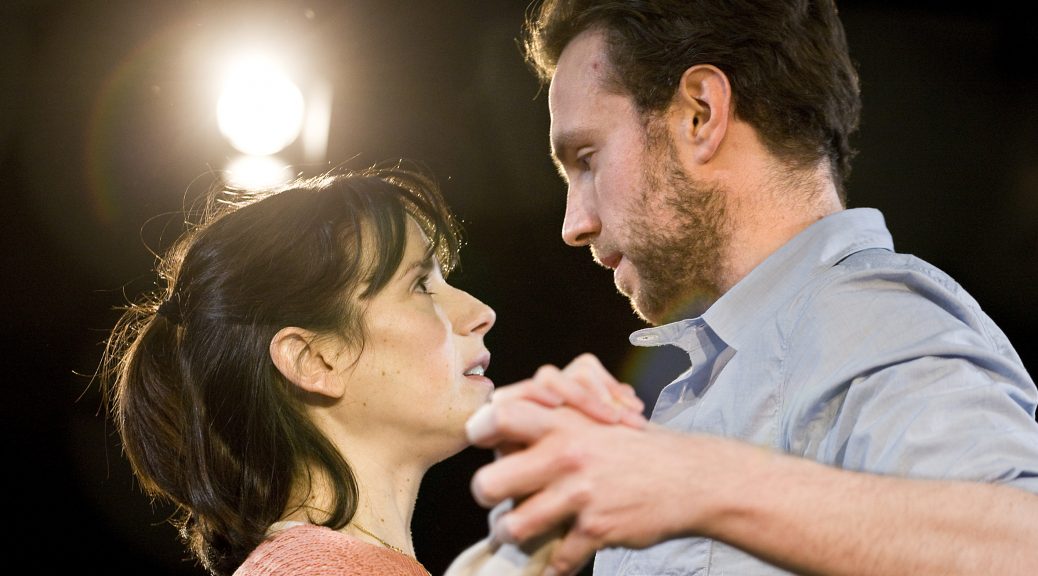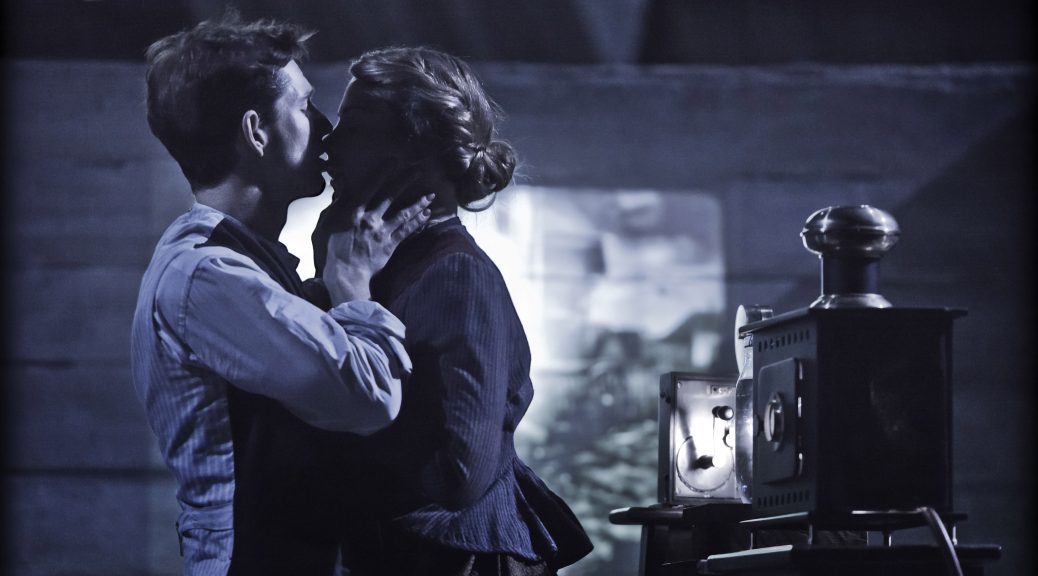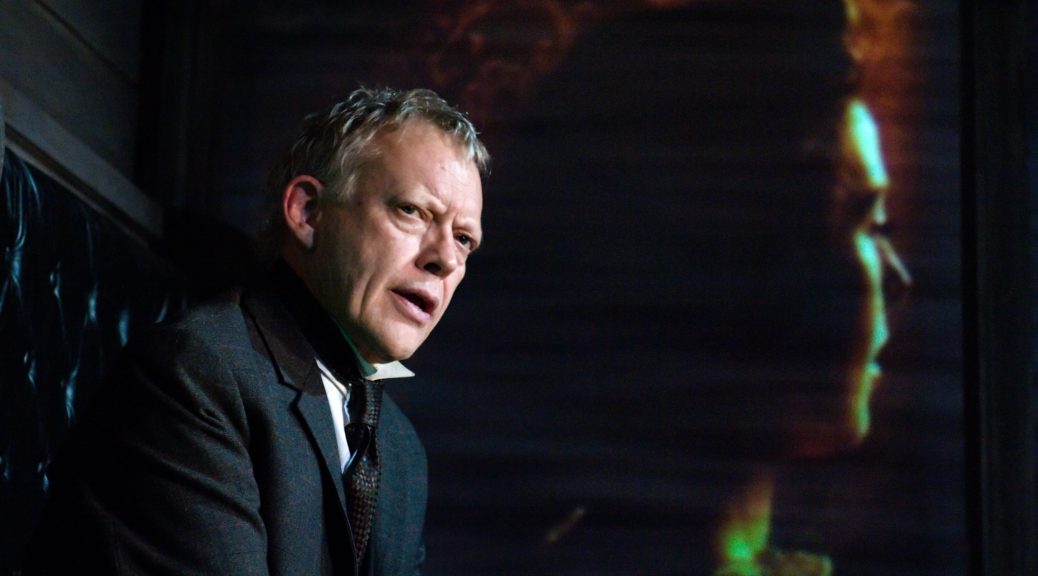It seems we love the Royals right now. What with last year’s wedding and the forthcoming jubilee, there’s a feelgood factor about pageantry that our first family is riding high on. It’s well known that the Windors aren’t big theatregoers, which is a shame since they will probably miss this new production of The Madness of George III.
Alan Bennett’s 1991 textbook play, dealing with one of George III’s periods of mental breakdown (probably from the hereditary condition of porphyria), has aged superbly. Progressing from the Theatre Royal Bath, this production is highly polished. Against the backdrop of Janet Bird’s intelligent design, Christopher Luscombe’s direction is clear and pacey. While lacking satirical bite, the politics of the period are presented well, with fine performances from Nicholas Rowe and Gary Oliver as Parliamentary rivals William Pitt and Charles James Fox using the Royal family as pawns to gain power.
And Bennett’s gags about the parlous state of 18th-century medicine still shine. Peter Pacey plays the King’s first doctor with suitable sycophancy. Clive Francis is commendable as the radical physician Dr Willis whose techniques reveal the ridiculous dangers of court protocol (such as not being allowed to question the King directly) and who gets the play’s best line: “the state of monarchy and the state of lunacy share a frontier.”
The role of George III is a dream for any leading man. David Haig lustily rises to the challenge of bettering Nigel Hawthorne’s much loved representation in the 1994 film. Haig is best at showing us the King as a likeable character: the benevolent ‘farmer’ George whose “indirect and infinite curiosity” annoys his equerries but charms the audience.
Often, if you are rich, you aren’t mad – just eccentric. So Haig works hard to convince us that George losing his mind isn’t just quaint but something painful. His performance forces this point home. We can smile when the King says he would rather go to Japan than Kew, but portraying George as an intelligent man, aware of his own tragedy is Haig’s main achievement, making this a more moving evening than you might expect.
Until 31 March 2012
Photo by Robert Day
Written 24 January 2012 for The London Magazine




